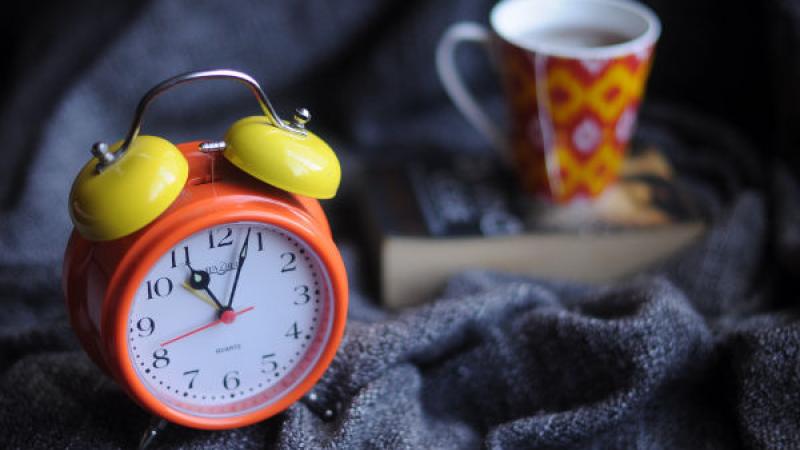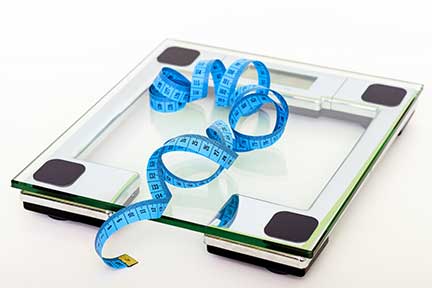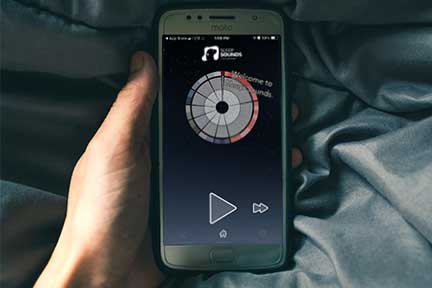The Effects of Sleep on Levels of Productivity

Who needs sleep? The answer is pretty simple: everyone. Yet, despite how critical it is to get a good night's rest, many of us are skimping on the widely recommended eight hours of shuteye.
While it's true that we're all surviving this sleep-deprived status quo, workplace and day-to-day productivity is taking a major hit. From lost wages and short attention spans, to grumpy employees and poor decision making, our resistance to hitting the hay is becoming a national problem.
So, how does sleep affect our productivity? What affects our quality of sleep? Is eight hours really necessary? And, if we're a night owl or insomniac, what can we do to get to sleep faster?
The Correlation Between Sleep and Productivity

The fact is, if you're not getting enough sleep and/or the quality of your shuteye is subpar, then you're undermining the next day's productivity and could be doing some serious damage to your health.
Sleep deprivation takes a toll on both our reasoning and decision-making abilities. In many cases, the lack of repose affects our perception of self, and this false sense of incompetence often continues into the collaborative setting, where ultimately, team performance is negatively impacted.
When we skimp on sleep, we stifle our creativity, inhibit ourselves from generating new ideas, and damper our motivation to efficiently and effectively complete tasks. Impaired judgement combined with a lack of sleep can even lead to deviant behavior in the workplace, negative attitudes, and hostile, inappropriate reactions to stressful situations.
Interestingly, catching some high quality ZZZs can actually improve memory retention. This is because sleep protects new memories from being disrupted by wakefulness, which stabilizes our recollections, and ultimately makes room for new information. Interestingly, studies from Harvard Medical School suggest that longer catnaps in which we enter REM (rapid-eye-movement) sleep help boost creative problem-solving skills by up to 40%.
While everyone is different, medical professionals seem to agree that the optimal amount of sleep is about 7-9 hours per night. However, the quality of our slumber is significantly influenced by a plethora of factors such as weight, stress, medication, and even alcohol consumption.
The Correlation Between Sleep and Weight

If you aren't spending the recommended amount of time with the sandman, he could be spiting you by tipping the scale. This is because when you're sleep-deprived, your metabolism slows down. In tandem with a slow metabolism, our body starts producing more ghrelin (also known as lenomorelin), a hormone that tells us when we're hungry and how to allocate our remaining energy.
On the flipside, your body decreases the amount of leptin, a hormone that alerts us when it's time to stop eating and our energy stores are stocked. To illuminate the effects of this imbalance in the body, Harvard researchers found that short sleepers are at a 30% higher risk for weight gain compared to their sleepier counterparts.
Stress's Effect on Sleeplessness
Poor sleep induces stress at work and can permeate all other aspects of daily life, as your body overproduces the stress hormone cortisol when it is sleep deprived. When you're strained, it's difficult to get to bed and remain asleep, resulting in insomnia. One study demonstrated sleep-deprived employees generally have more negative attitudes and perceive their jobs as considerably more demanding.
What Drugs Provoke Drowsiness?
Medications used to treat high-blood pressure have been known to cause insomnia. Alpha-blockers, such as Uroxatral and Cardura are linked to decreased REM cycles and sleepiness during the daytime, while Beta-blockers (drugs ending in "-olol") inhibit the secretion of melatonin, causing sleep disruptions such as nightmares.
Other drugs prescribed to alleviate the symptoms of depression, namely SSRIs (selective serotonin-reuptake inhibitors) can cause sleeplessness. However, in the same way it is unknown how SSRIs work effectively, it is unknown how they hinder our hibernation practices.
This issue becomes cyclical, as sleep duration and quality are both majorly impacted by body weight. In fact, a 20-year review by the Sleep Foundation found that the obesity epidemic— especially in child ages 6 to 17— sent the rate of hospitalization for sleep apnea skyrocketing by a whopping 436% increase.
The Truth About Boozing and Snoozing
According to WebMD, nearly 15% of people have a nightcap before bed (no, not a hat to match your jammies). While a couple drinks might send you straight to sleep on the first night, your body will build a tolerance to your bedtime beverages in just a few days, rapidly rendering the benefits of a mild buzz completely ineffective.
Additionally, drinking before dozing impairs the quality of sleep; once your body is finished metabolizing the alcohol, slumber is likely to be disrupted with headaches, snoring, nightmares, and frequent bathroom breaks.
Flexible Working and Productivity
Still having trouble hitting the hay and staying focused at work? You’re not alone: research by Hult International Business School suggests that 20% of people are night owls and most productive in the nocturnal hours after work. Accordingly, flexible working could allow insomniacs to do their best work in their comfort zones, outside of a closeted cubicle.
How to Restore Restfulness

To get the best quality rest, spend some time winding down before shutting down. Spend an hour before bedtime unplugged—shut out from any work or personal calls, TV shows or text messages—to let your brain start activating its sleep systems. A nighttime ritual with a set bedtime can help condition your body to regulate its internal clock and help you fall asleep faster, and stay asleep throughout the night.
Create the ideal bedtime environment by keeping your bedroom relatively cool (between 60 and 67 degrees Fahrenheit) for the best-quality REM cycle, according to Sleep.org. Take time to reduce any light or noise that might suspend your sweet dreams.
Listen to your favorite sleep sounds, music, and meditations to help block out noisy interruptions and promote a sense of peace at bedtime. That being said, both earbuds and bulky headphones can be a hassle, cause ear pain, and rarely stay on all night.
For this reason, AcousticSheep has designed SleepPhones for people who need the tranquility of music, white noise, or soundscapes to ease into a quality night sleep. For those with light sensitivity, SleepPhones double as a cozy blindfold to ensure peaceful rest the whole night through.
Find how to get more done at our "Productivity" resource page.
